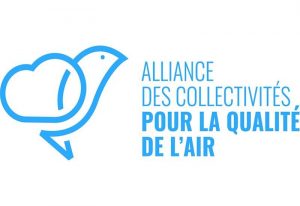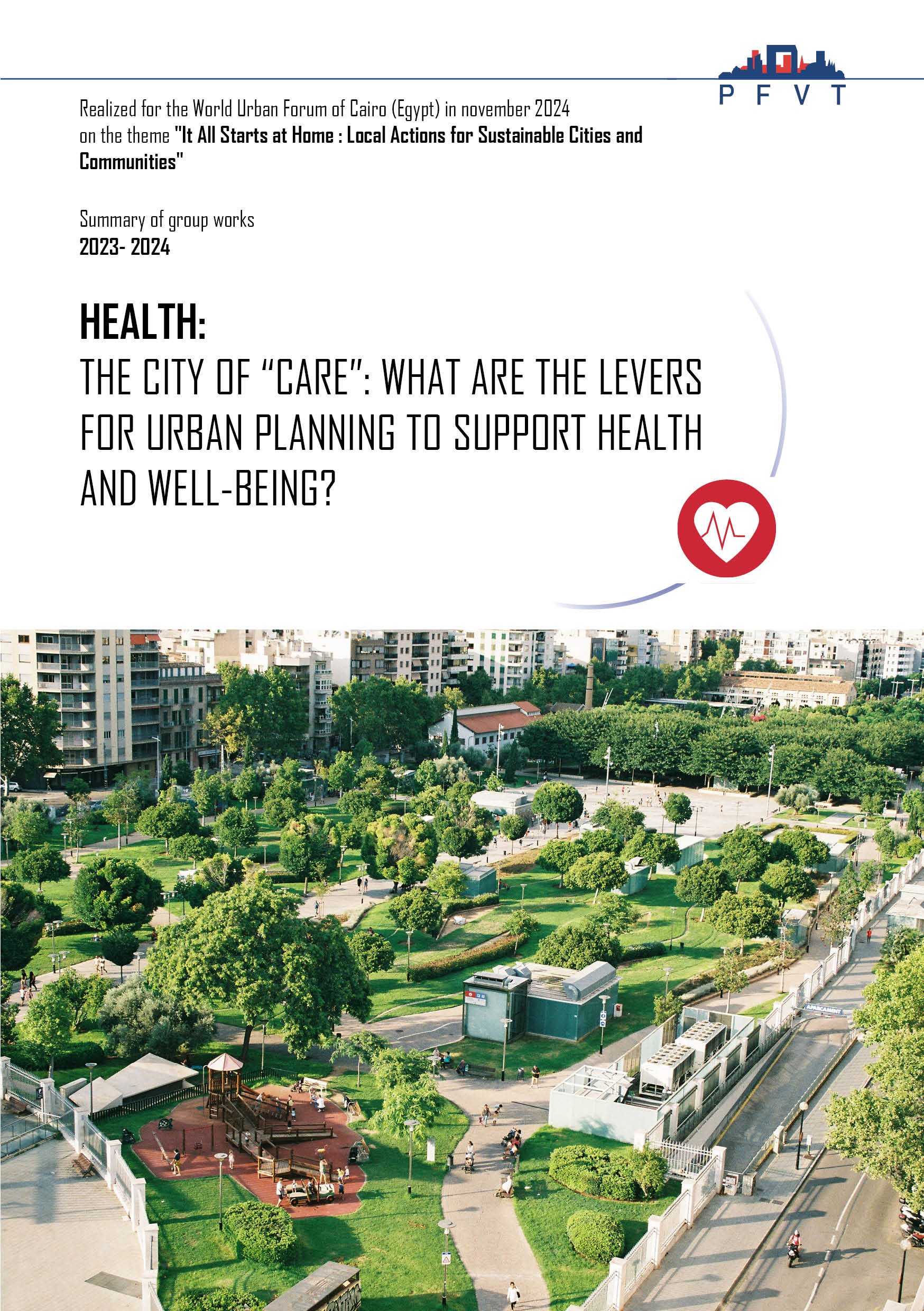Health: The city of Care, what tools for urban planning beneficial to health and well-being?

The succession of health crises (COVID-19, Ebola, etc.) and climate crises in recent decades has reminded us of the profound shortcomings of our societies and our health policies, as well as the geographic and social inequalities between territories, in particularly between the societies of the North and those of the South. Health is defined by the World Health Organization as “a state of complete physical, mental and social well-being”. Often confined strictly to the medical field, the theme of health is nevertheless an entry that aims to be transversal in its way of approaching the ecosystem of the city in the service of the well-being of its inhabitants. The urban landscape, lifestyles, the presence of inequalities and our relationship with nature and work also condition the health of individuals, and constitute levers for improving individual and collective well-being. The global approach to health, called “One Health”, renews the vision of health and now strives to better take into account the links and interdependencies between human health, animal health and ecosystem health. The desire of the group is to highlight: the entry keys to health and the tools to strengthen an environment favorable to health as well as the role of local governance in health management and the construction of an environment favorable to health according to the characteristics and needs of the inhabitants.



